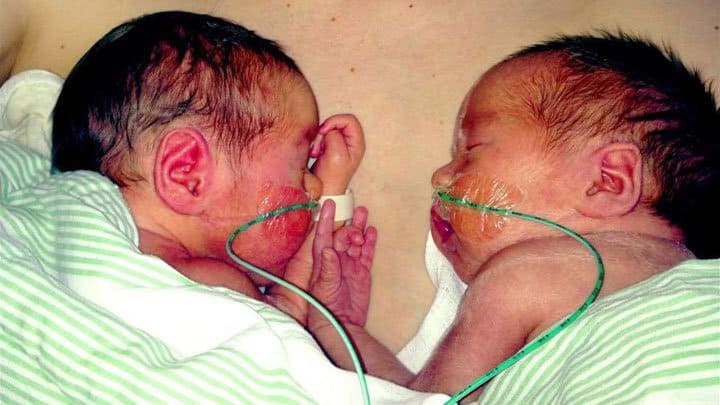Bottle Feeding Babies: How to Prevent Obesity
Bottle feeding parents should be advised on the amount of milk to feed and how to feed their child responsively. This is the message from Dr. Pauline Emmett in a letter to the editor in the Journal of Childhood Obesity. Dr. Pauline Emmett is a Senior Research Fellow at Bristol Medical School, University of Bristol, in the United Kingdom. Her particular area of expertise is early eating habits and how they might relate to the development of obesity and other diseases in later life. She stresses that fast early growth is associated with obesity in childhood. She points to her own research in the Avon Longitudinal Study of Parents and Children. It indicates that fast early growth may be related to the process of bottle feeding feeding rather than solely the type of milk fed.
Higher risk of excess weight gain
A study from the U.S. found that compared with babies fed exclusively by the breast, those who were fed formula or breast milk by bottle gained more weight per month. It also showed that babies who were exclusively fed from the breast in early infancy emptied their bottle in late infancy 27 percent of the time. Infants fed both breast and bottle emptied it 54 percent of the time. Infants fed only by bottle emptied their bottles 68 percent of the time in late infancy. The study showed that babies who often emptied their bottles in early infancy had a higher risk of excess weight gain compared with babies who didn’t.
Don’t encourage your baby to finish the bottle
Dr. Pauline Emmett stresses that it’s important that parents don’t encourage their babies to finish milk offered in a bottle or cup and to gradually decrease the amount of milk offered at each feed as complementary feeding is established. Parents need to learn and be responsive to children’s cues of hunger and satiety. Dr. Pauline Emmett advises that the UK recommendation of not more than 600 milliliters (21 ounces) of milk per day in late infancy is followed.














